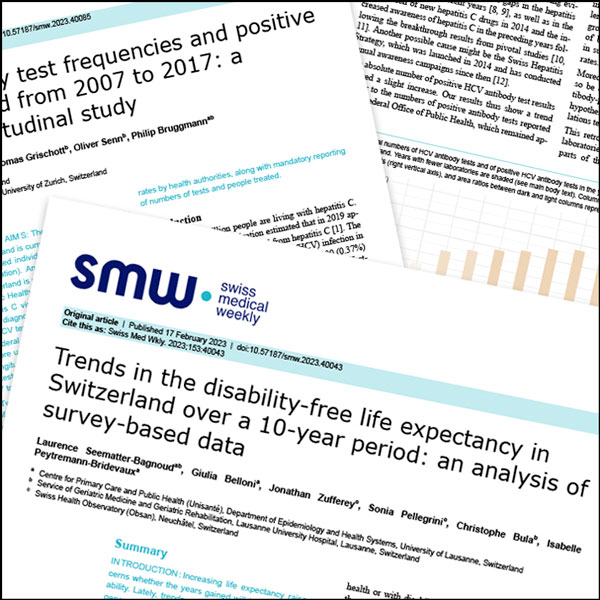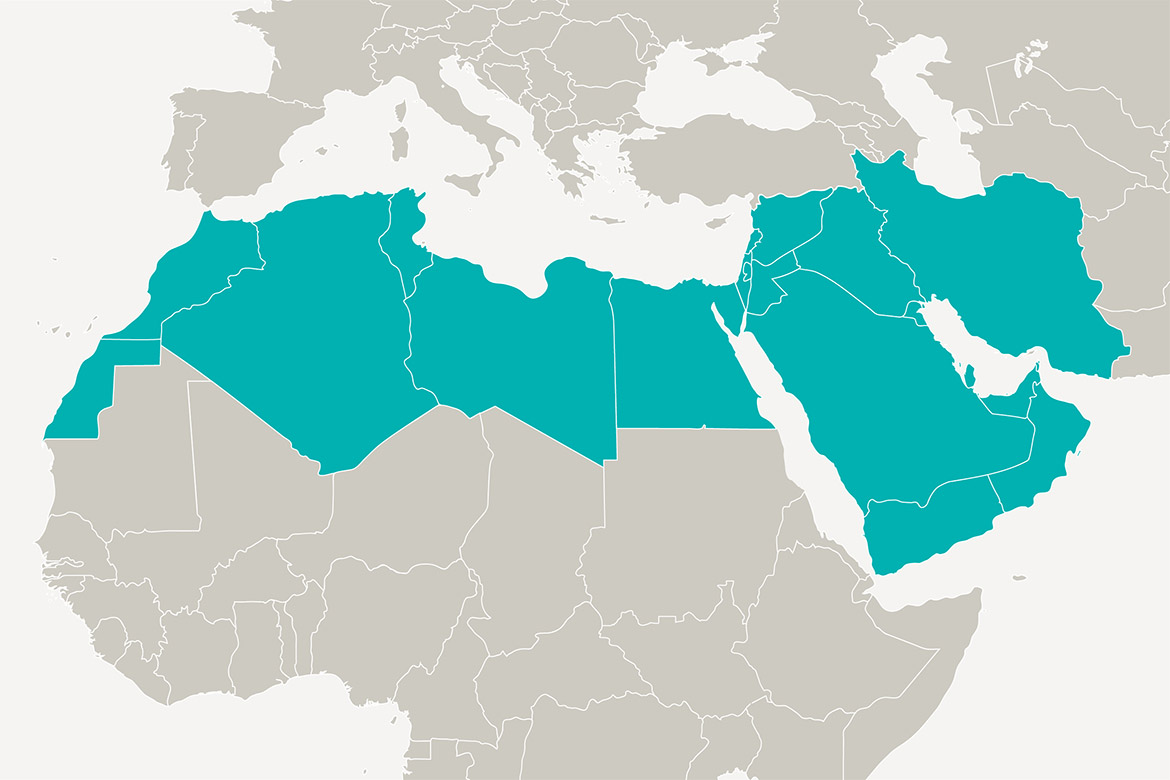Feature: Diversity in the academy
Different perspectives are hard work
Diversity isn’t a walk in the park. Contradictions and differing perspectives have to be tolerated for new ideas to thrive, writes Horizon’s joint editor-in-chief Florian Fisch.

If not here, where else? Universities should be a place for dissent and debate in all their forms. | Photo: Keystone/Peter Klaunzer
Since time immemorial, loyalty has been vital for the survival of humankind. If someone can’t be relied on in an emergency, then that person is a danger to the community. Disloyalty can thus quickly lead to exclusion from a group. Out in the wild, that usually has a deadly ending. For this reason, we seek to be close to people who share our values, whose sense of humour we understand, and who give us a feeling of being safe. We simply prefer to be among those who are like us. By contrast, dealing with otherness, with diversity – and therefore also with multiculturalism – is hard work.
This also applies at universities. People come together there from all over the world, there are exchange programmes for students, and demonstrating mobility is a must in a research career. But this does not lead to greater diversity; it means that people at universities across the world tend to resemble each other. They speak English, cultivate polite manners, tend to be left-of-centre in their politics, liberal in their views, and believe in the value of reliable knowledge. Such common values are important in academic culture.
At the same time, however, researchers must take care to remain open to new things, and bear in mind that their own ideas might be wrong. To this end, they ought to seek out contradictions and engage with different perspectives. That’s also our goal with Horizons. We aim to show the whole spectrum of science and scholarship – both the incredible successes and the frustrating setbacks. We should like to offer a platform to all researchers, regardless of their background.
This is why the focus of this issue is on diversity at universities. We show just how different researchers can be, we look at what has already been done to try and integrate more diverse perspectives at universities, and we consider how measures for funding disadvantaged groups can sometimes also cause harm. And in order for us, the editors of Horizons, to remain open to diversity: please write to us to offer your own perspective. And wherever possible: contradict us, too!




